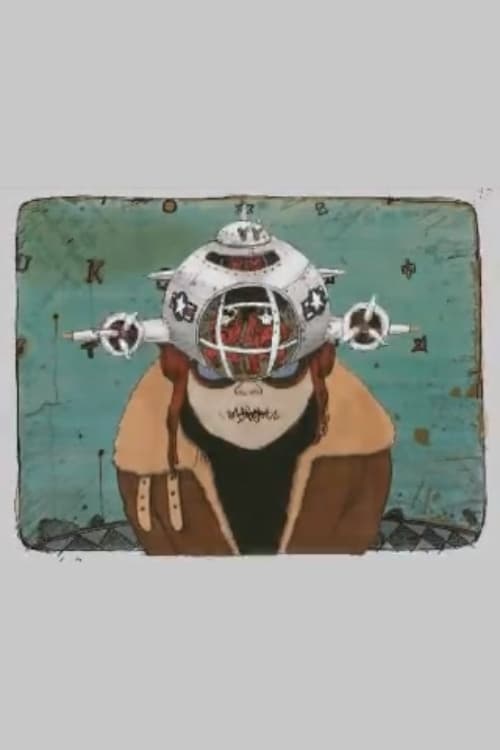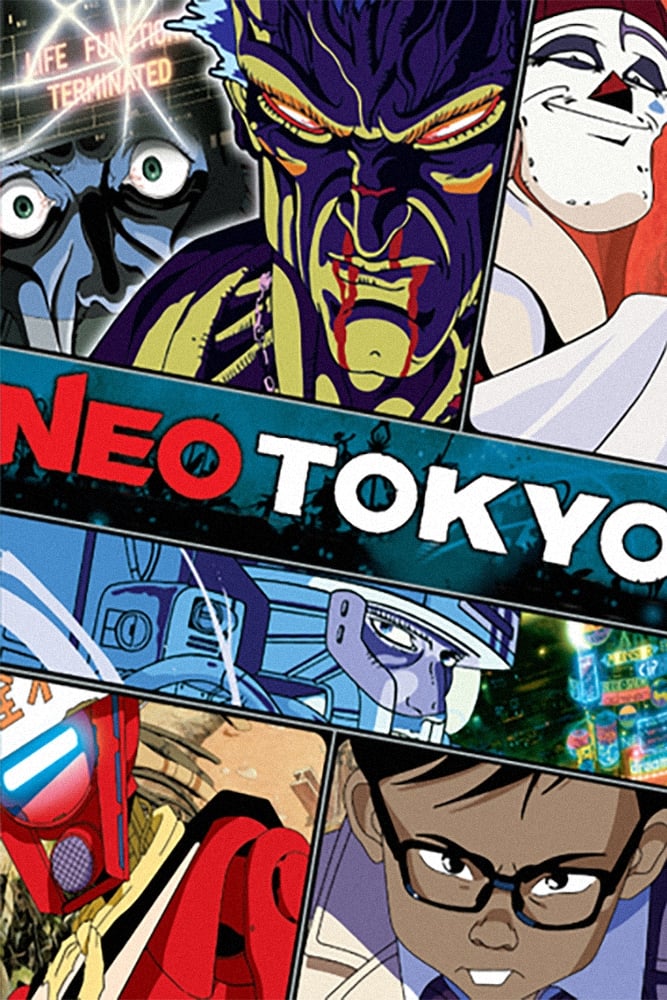Neo Tokyo (1989)
Neo Tokyo (1989)
Plot.
Where to Watch.
 Subs
Subs Subs
Subs Subs
SubsCurrently Neo Tokyo is available for streaming online, rent, buy or watch for free on: Canal+, Anime Digital Networks, Animation Digital Network Amazon Channel
Streaming in:🇫🇷 France

Cast & Crew.

Banjo Ginga
Zach Hugh (segment 'Running Man') (voice)

Masane Tsukayama
Bob Stone (segment 'Running Man') (voice)

Hideko Yoshida
Shojo Sachi (segment 'Labyrinth Labyrinthos') (voice)

Iemasa Kayumi
Bucho (segment 'Construction Cancellation Order') (voice)

Hiroshi Ôtake
Robot 444 (segment 'Construction Cancellation Order') (voice)

Yu Mizushima
Sugioka (segment 'Construction Cancellation Order') (voice)

Kazumi Tanaka
(segment 'Construction Cancellation Order') (voice)

Yusaku Yara
(segment 'Construction Cancellation Order') (voice)

Joji Yanami
(segment 'Construction Cancellation Order') (voice)

Rintaro
Director / Screenplay / Producer

Robert Axelrod
Tsutomu Sugioka (segment "The Order to Stop Construction")

Yoshiaki Kawajiri
Director / Screenplay

Katsuhiro Otomo
Director / Screenplay

Taku Mayumura
Writer

Yamako Ishikawa
Art Direction

Masao Maruyama
Producer
Media.
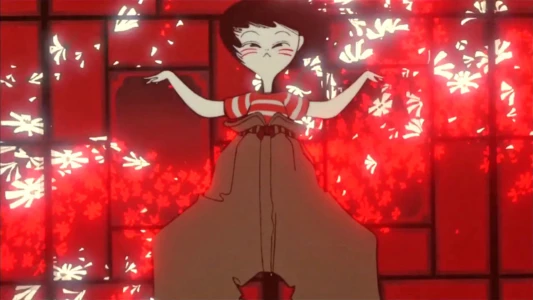



Details.
Release DateApril 15, 1989
Original Name迷宮物語
StatusReleased
Running Time50m
Genres
Wiki.
Neo Tokyo (迷宮物語, Meikyū Monogatari, literally "Labyrinth Tales"), also titled Manie-Manie on its title card, is a 1987 Japanese adult animated science fiction anthology film produced by Project Team Argos and Madhouse. The film was conceived and produced by Madhouse founders Masao Maruyama and Rintaro, the latter of whom served as composition organizer alongside Katsuhiro Otomo on the project.
The 50 minute-long film has three segments, each under a different screenwriter and film director: Rintaro's "Labyrinth Labyrinthos," an exploration into the maze of a little girl's mind, Yoshiaki Kawajiri's "Running Man," focusing on a deadly auto race, and Katsuhiro Ōtomo's "Construction Cancellation Order," a cautionary tale about man's dependency on technology. In addition to original music by Godiego's Mickie Yoshino, two prominently feature famous pieces of Western classical music: the first of Erik Satie's Gymnopédies and the "Toreador Song" of Georges Bizet's Carmen in "Labyrinth" and "Morning Mood" from Edvard Grieg's Peer Gynt score, in an ironic manner, in "The Order."
The film premiered on September 25, 1987, at that year's Tōkyō International Fantastic Film Festival. Other than festival screenings, Japanese distributor Toho originally relegated the film direct-to-video, releasing a VHS on October 10, 1987, but did eventually give it a general cinema release in Japan, on April 15, 1989. In English, the film was licensed, dubbed and released theatrically (as a double feature with the first Silent Möbius film) and to VHS in North America by Streamline Pictures, the license later being taken up by the now also out of business ADV Films.
You May Also Like.
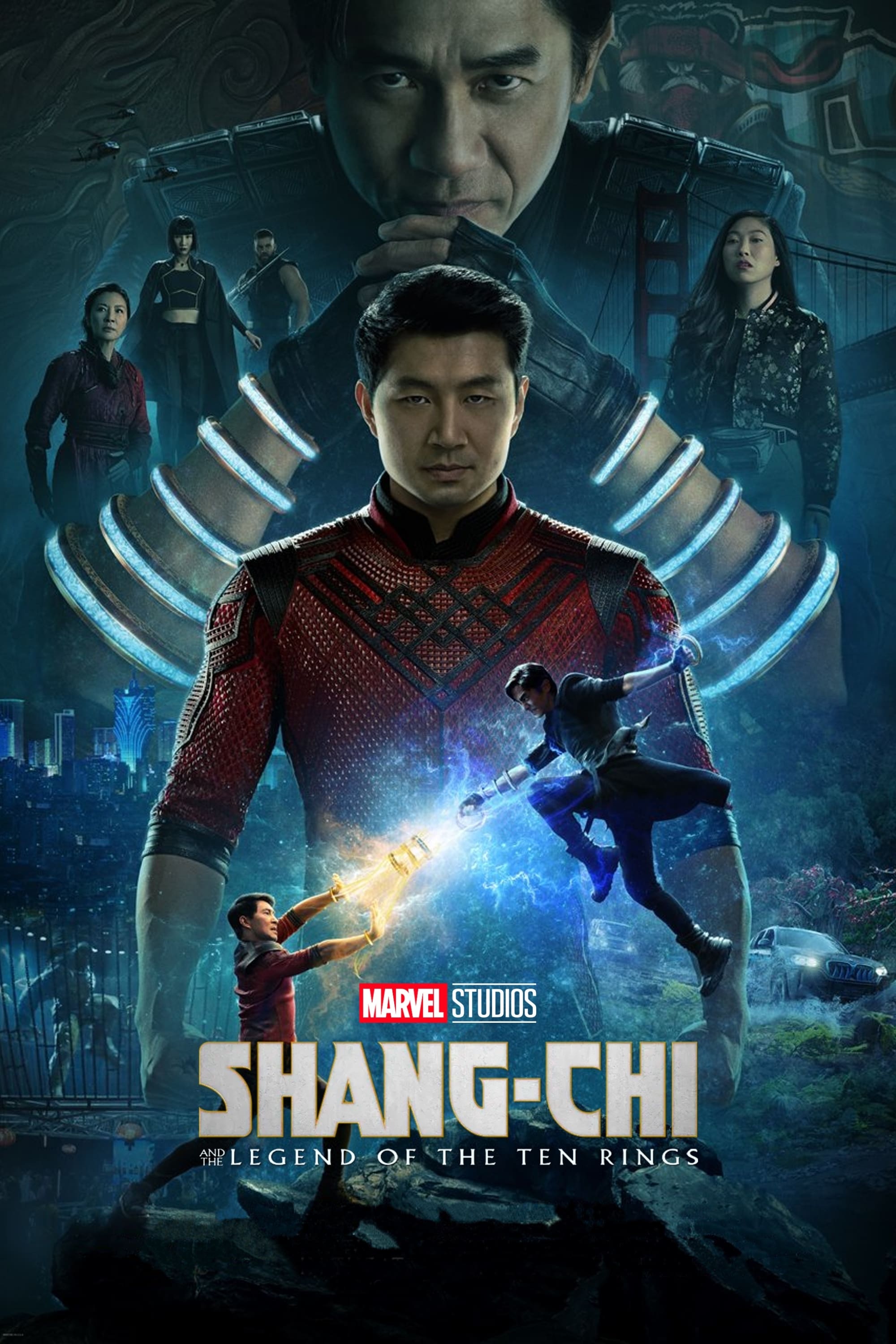
Shang-Chi and the Legend of the Ten Rings (2021)

Toy Story 3 (2010)

All of Us Strangers (2023)
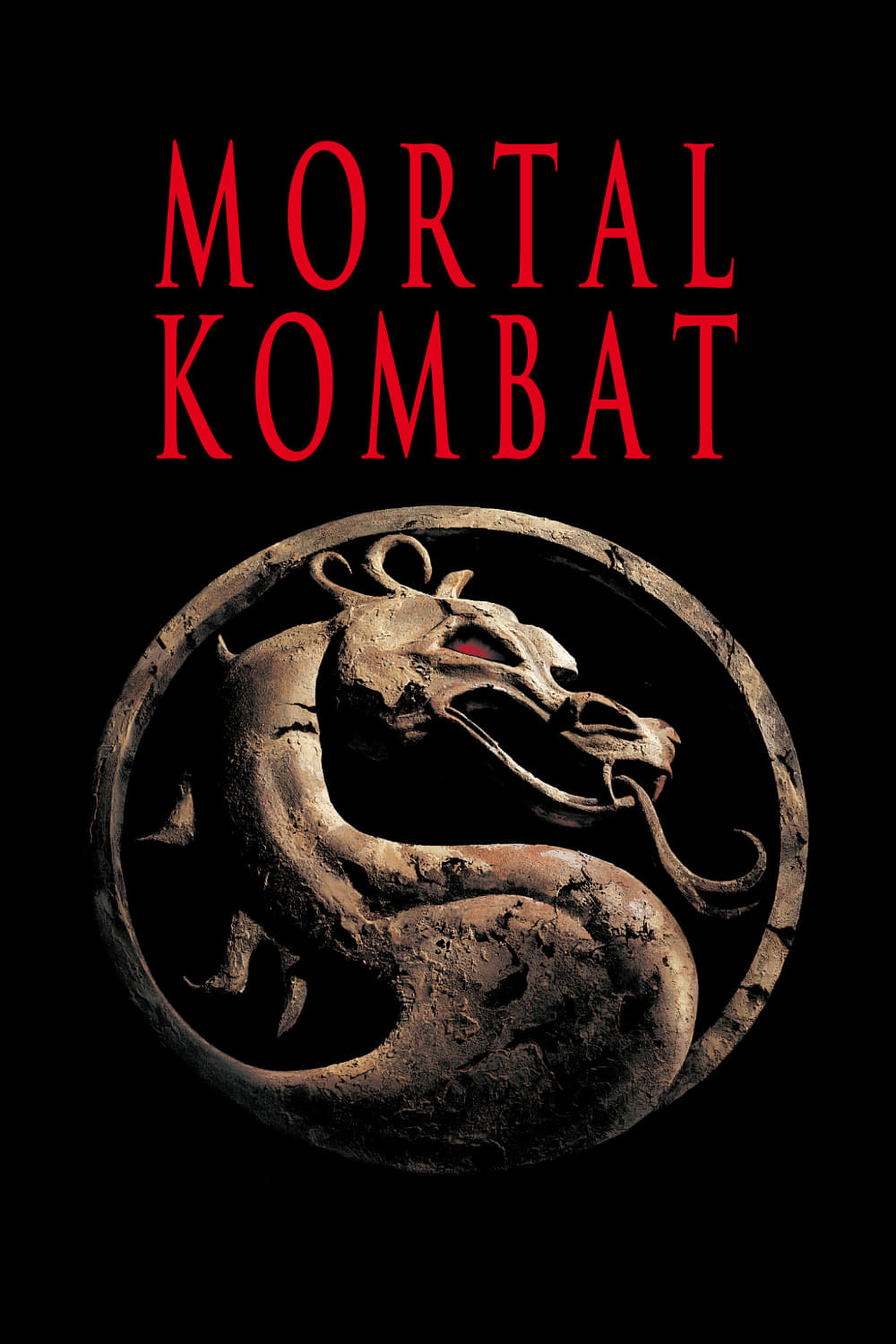
Mortal Kombat (1995)
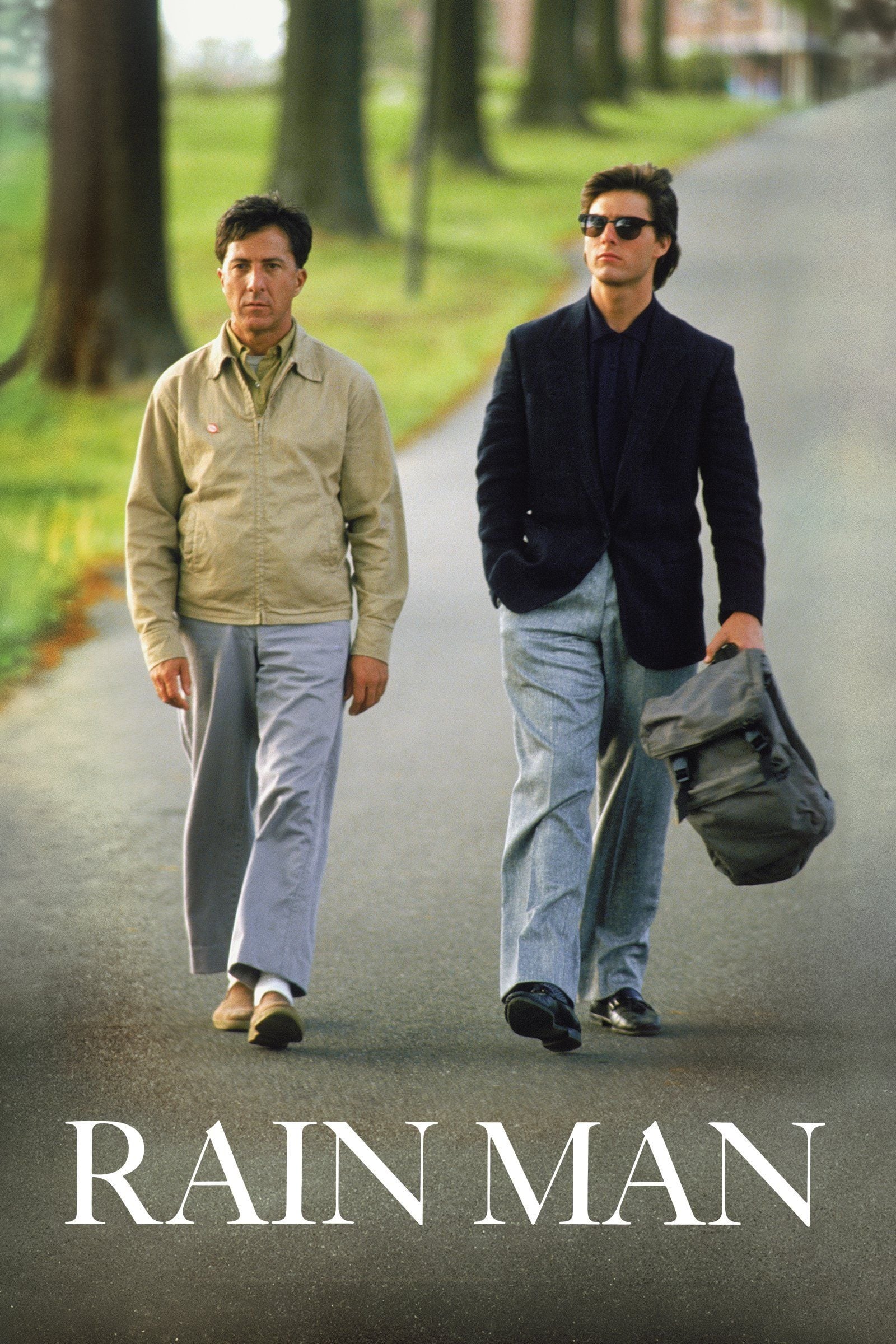
Rain Man (1988)

Vampire Hunter D: Bloodlust (2000)
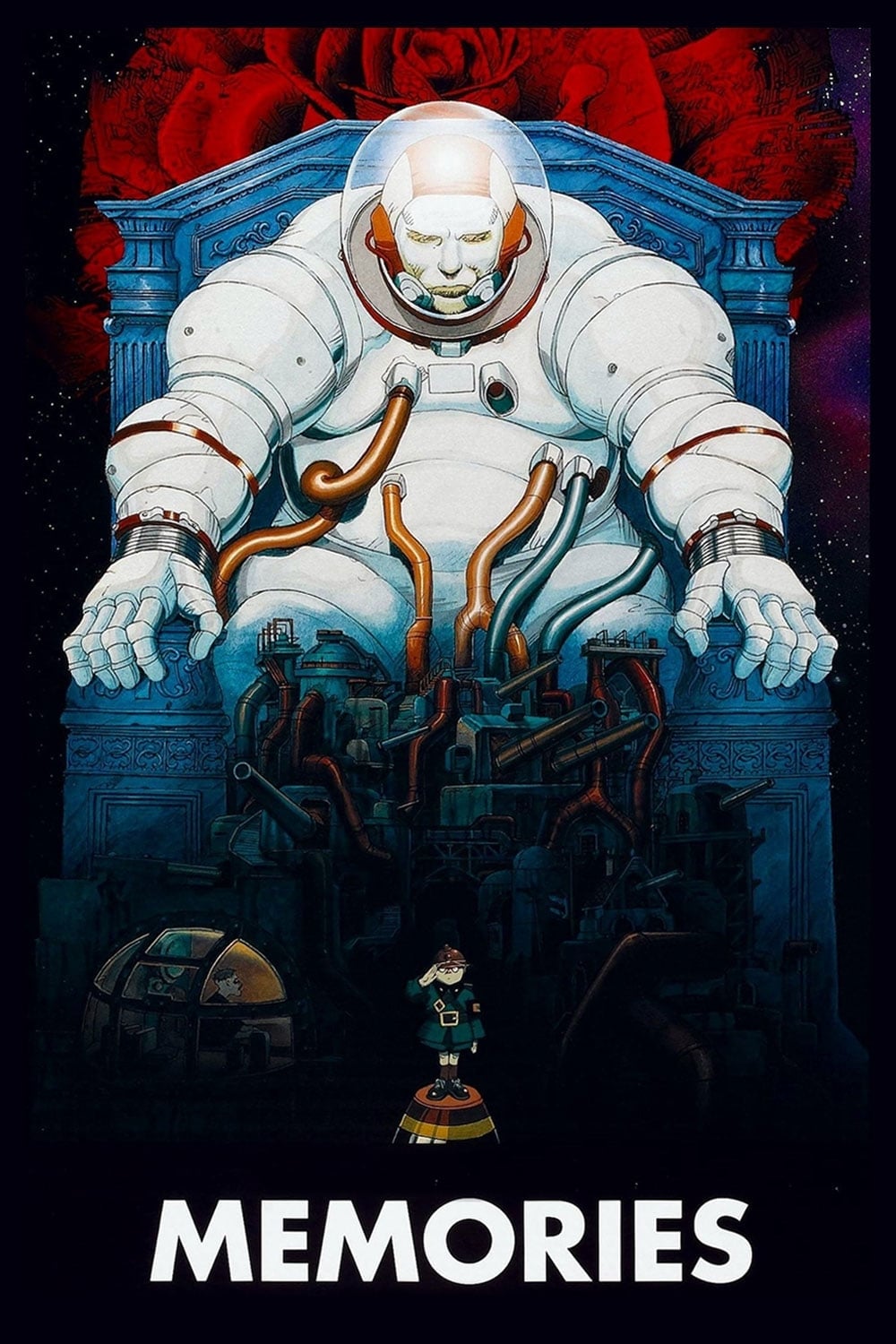
Memories (1995)

Enemy (2014)
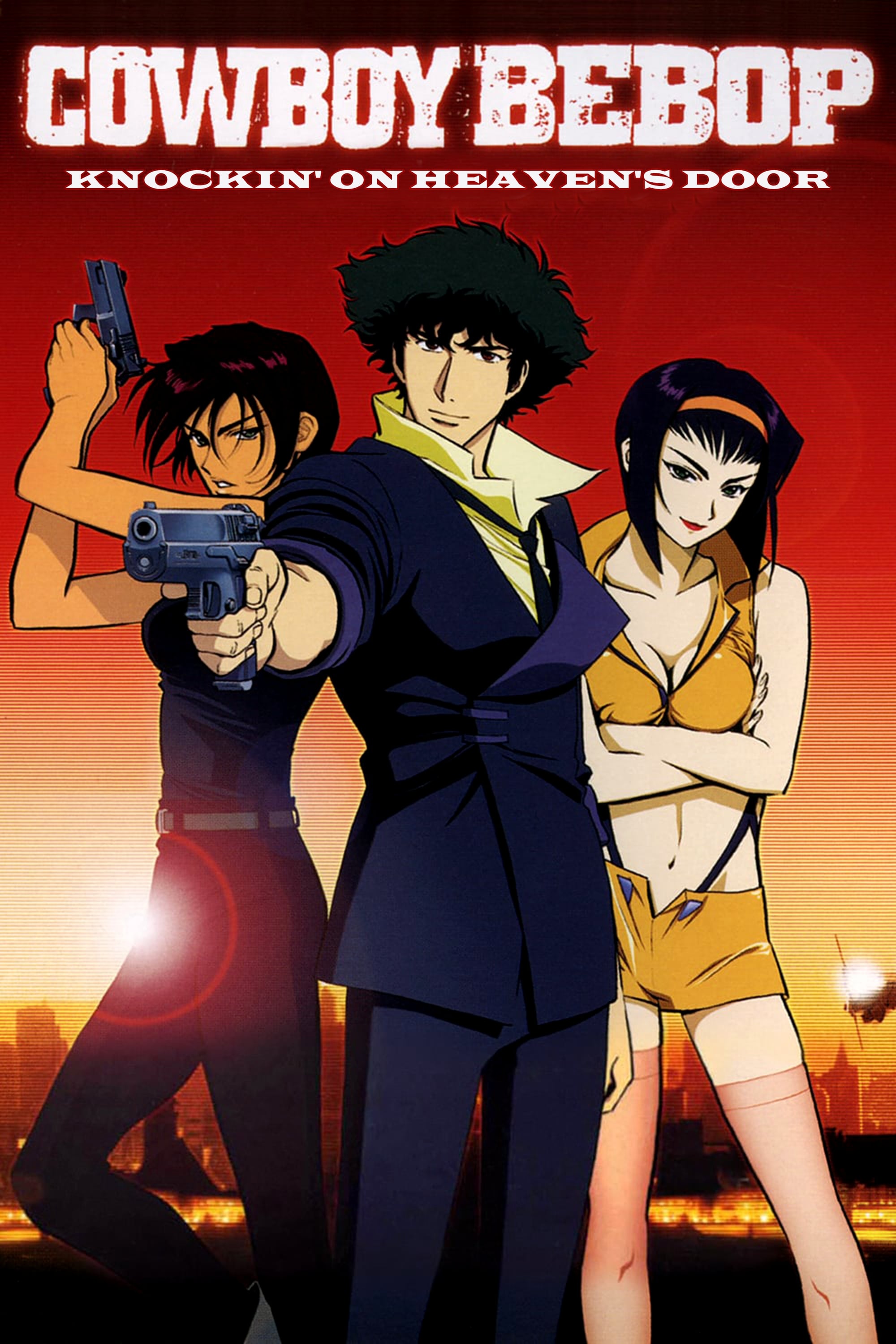
Cowboy Bebop: The Movie (2001)
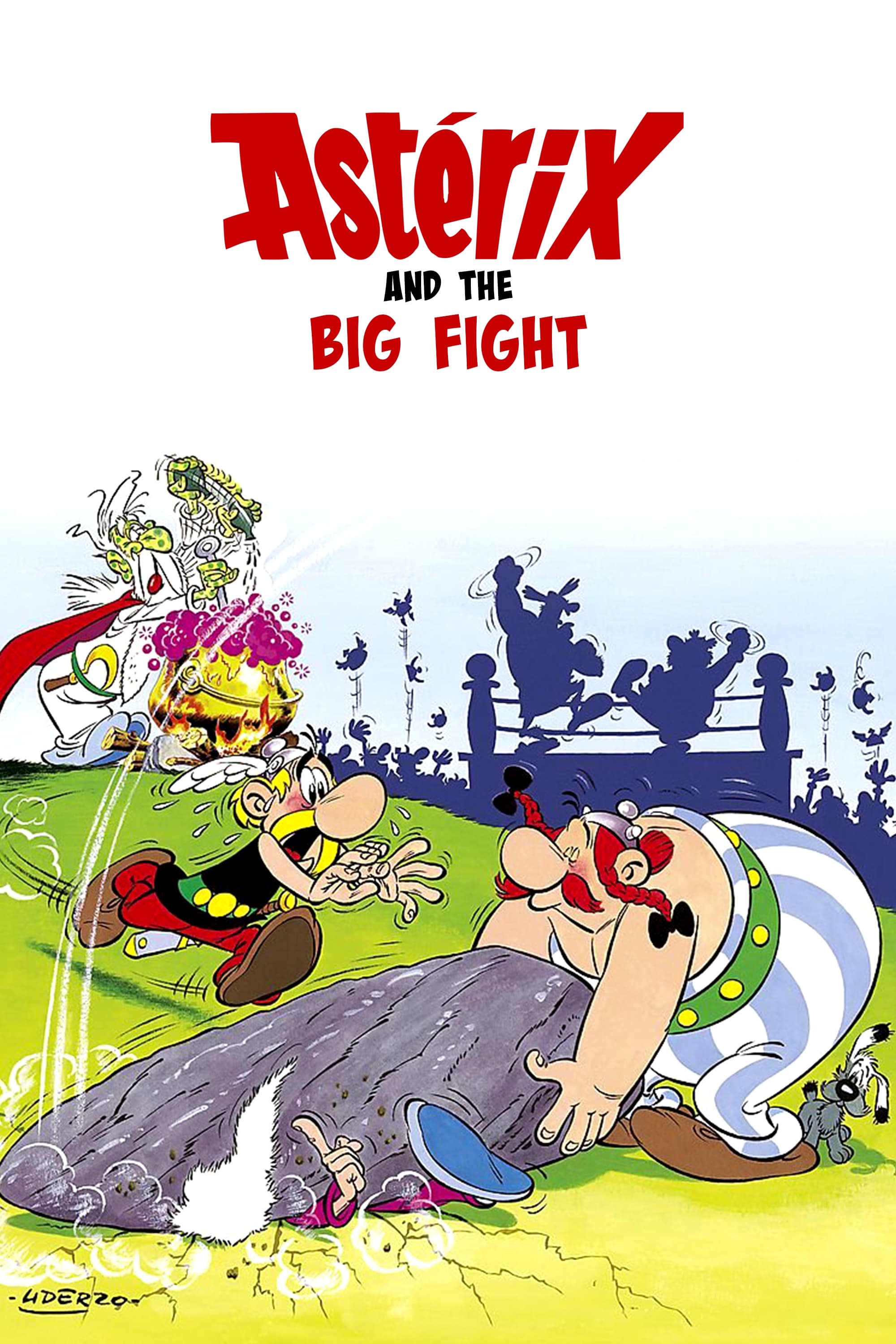
Asterix and the Big Fight (1989)
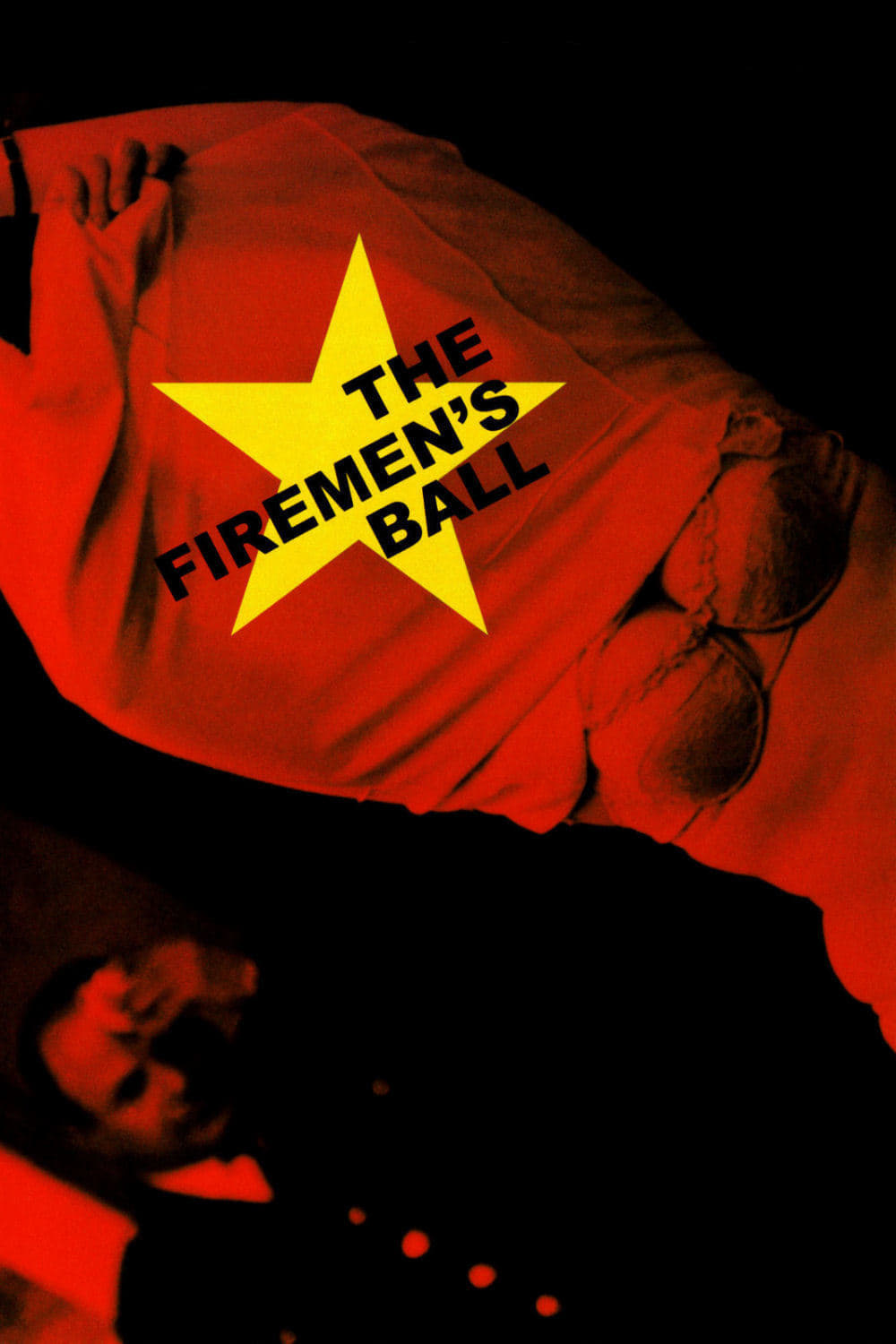
The Firemen's Ball (1967)
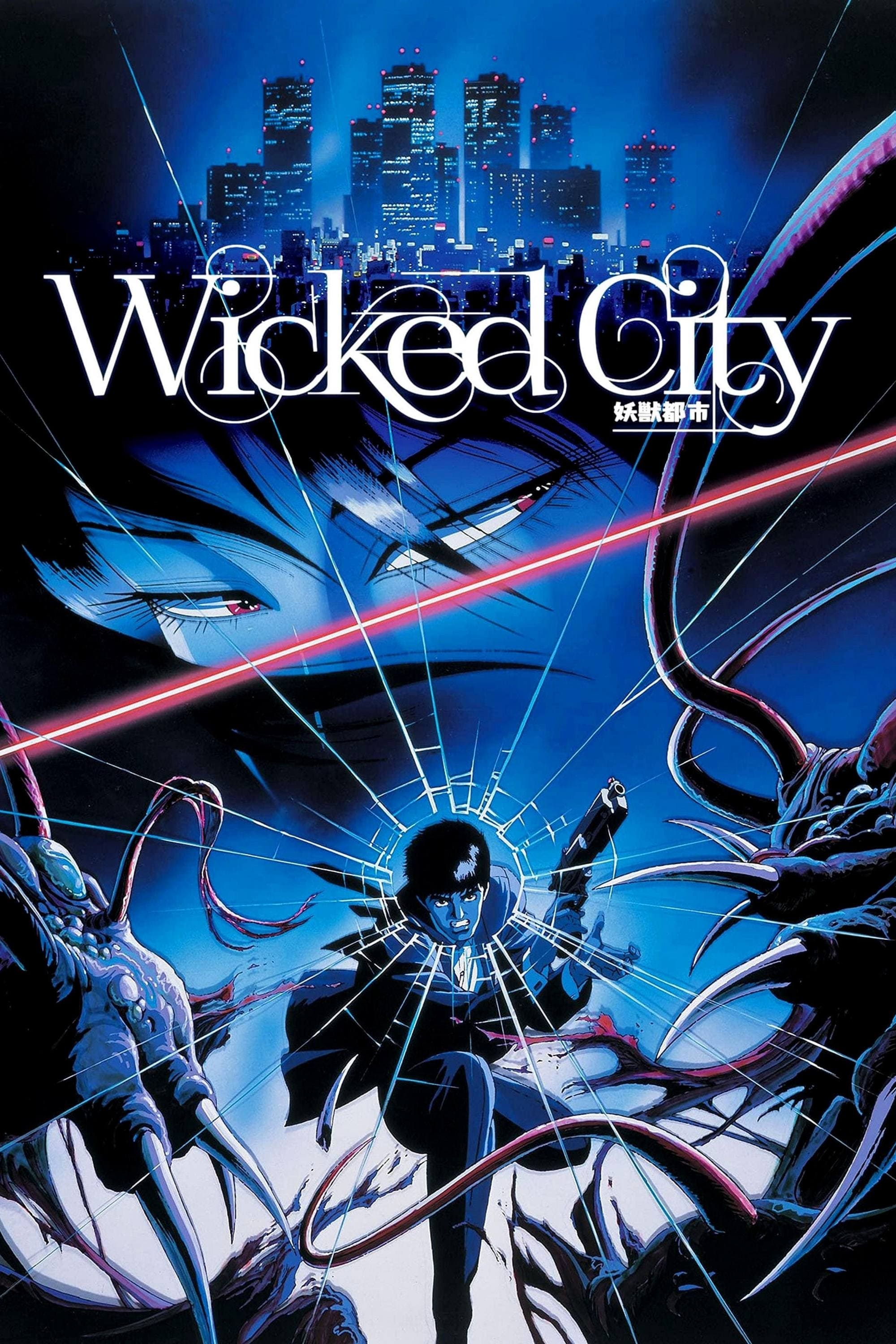
Wicked City (1987)
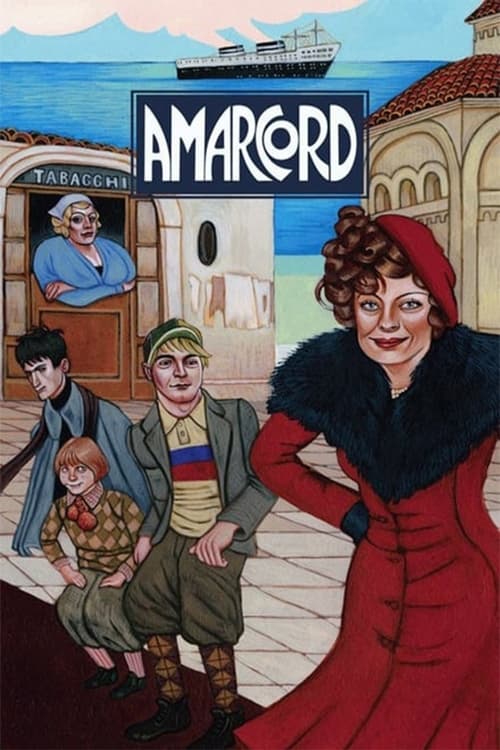
Amarcord (1973)
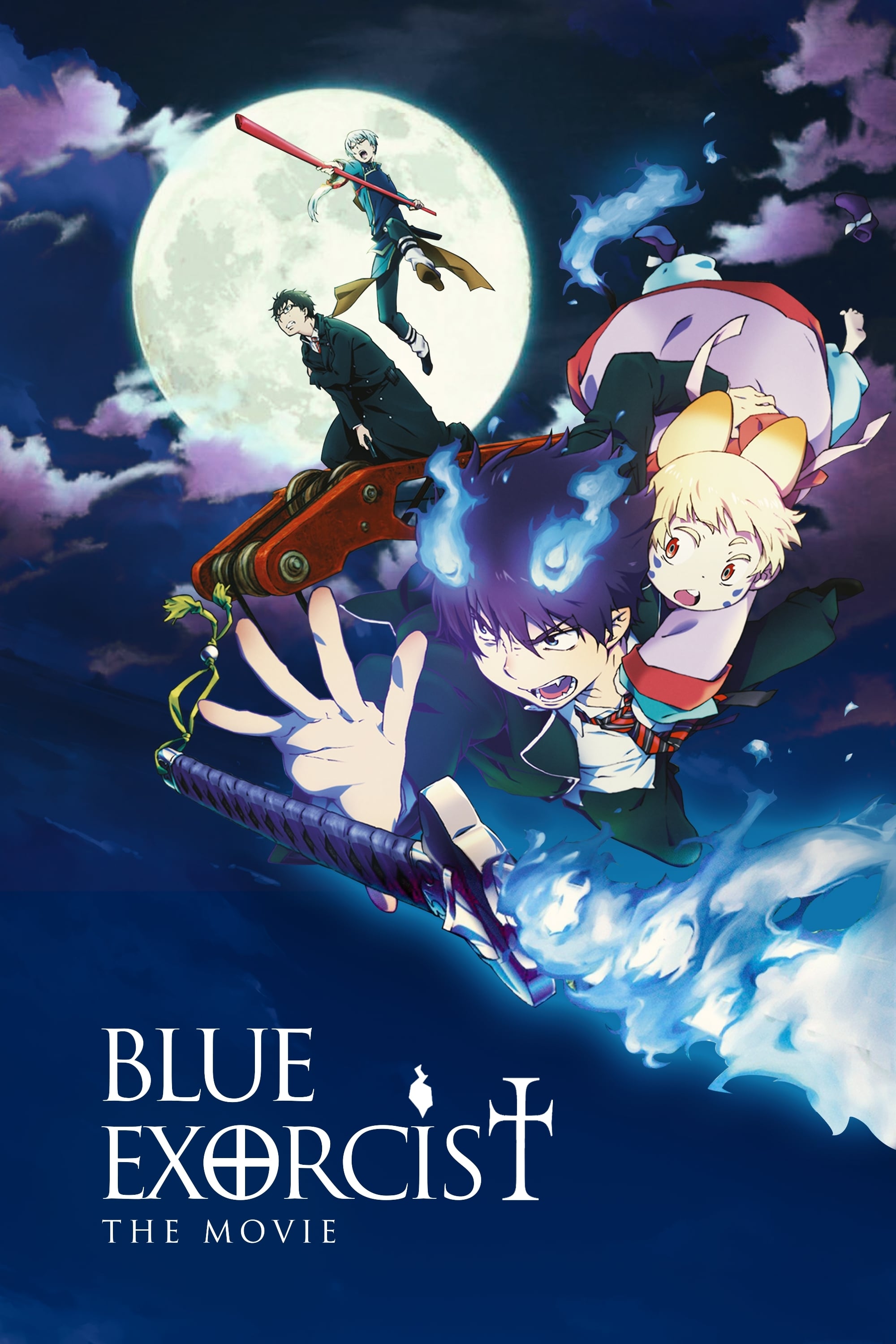
Blue Exorcist: The Movie (2012)

Strange Circus (2005)
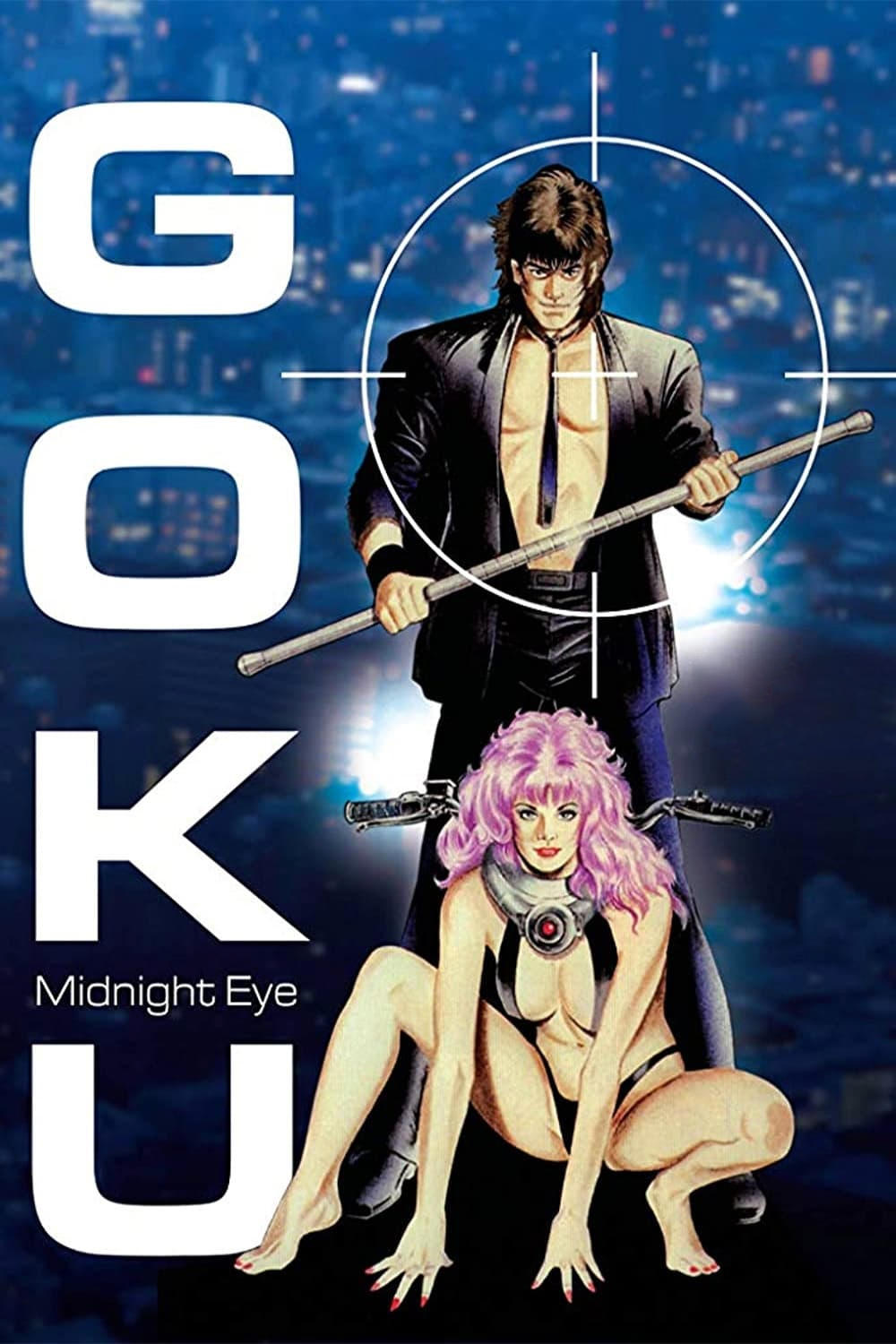
Goku: Midnight Eye (1989)
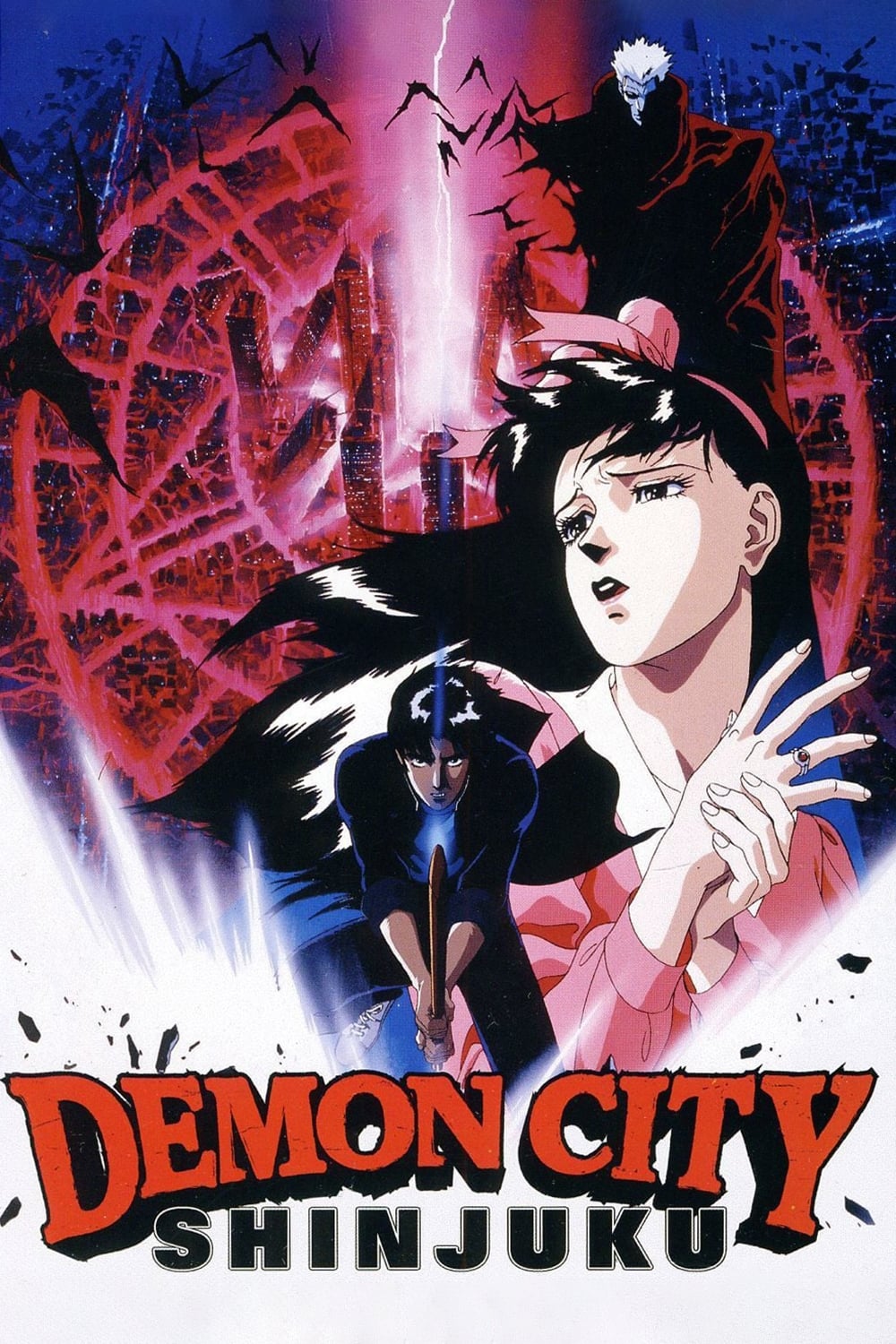
Demon City Shinjuku (1988)
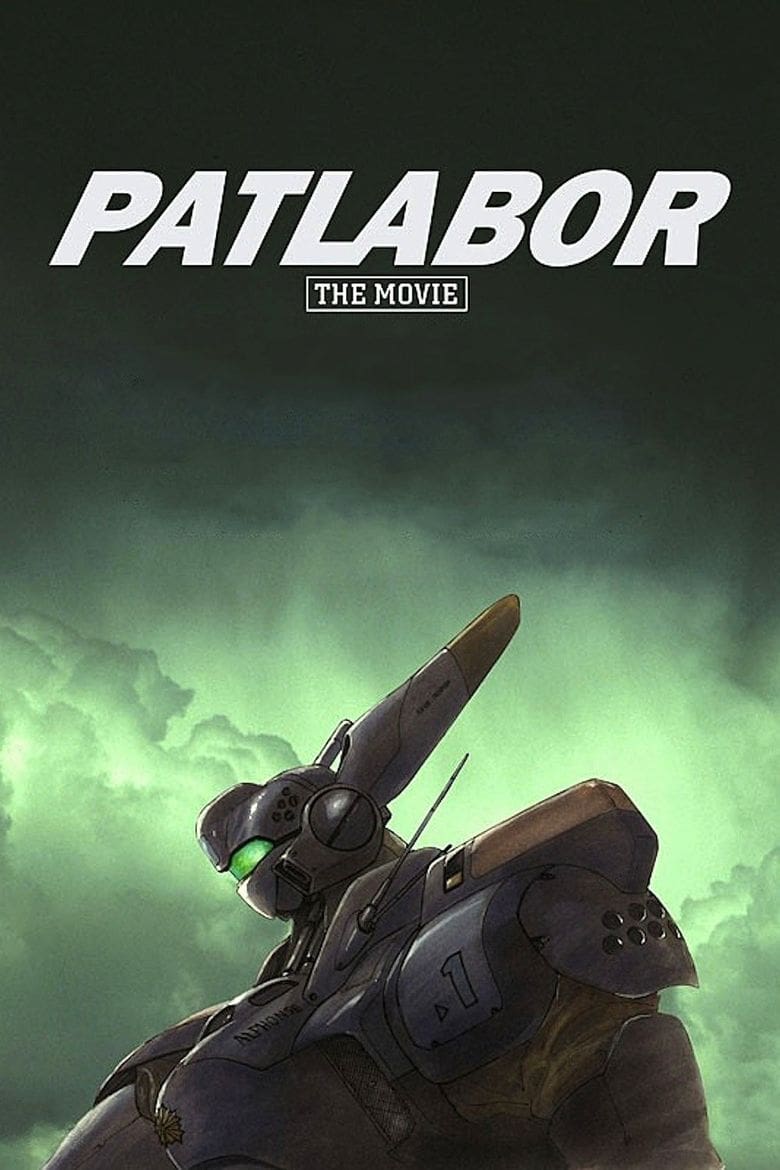
Patlabor: The Movie (1989)
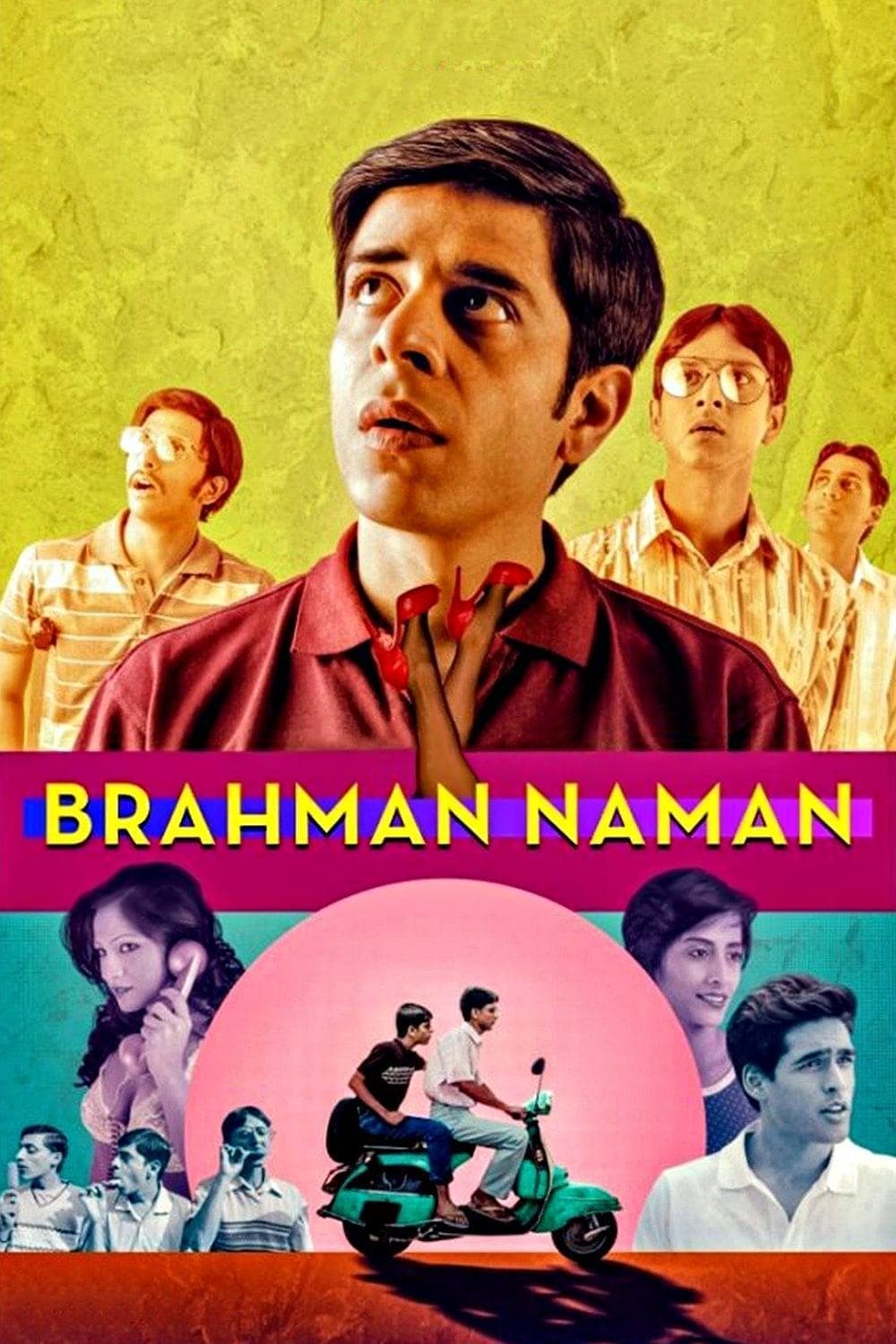
Brahman Naman (2016)
